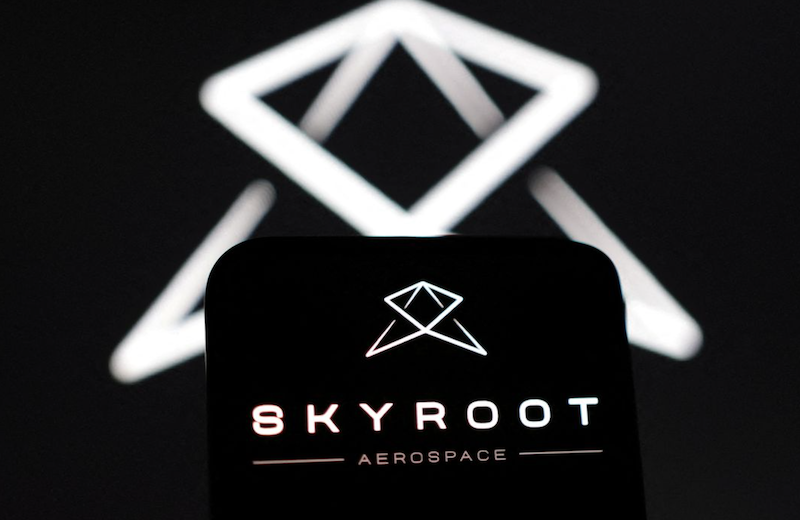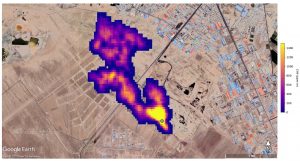India’s Skyroot Aerospace, which launched the country’s first private rocket in 2022, is aiming to double its planned launches from next year.
It is another boost for the country’s fledgling private space sector, still basking in the the success of the Chandrayaan-3 Moon mission.
The Hyderabad-based company, backed by Singapore’s sovereign wealth fund, GIC, is also aiming to raise more money by the end of next year, co-founder Pawan Kumar Chandana said.
“From 2024 and later, we’re looking at at least two launches per year and will probably ramp up as we move further,” said Chandana, whose company is set to send its second rocket to space by the end of the year.
Chandana, a former scientist at the Indian Space Research Organisation, said he was receiving “a lot of messages from global and domestic investors” who want to understand Skyroot’s business ever since India became the first country to achieve a safe landing on the lunar south pole.
Also on AF: BYD Triples 6-Month Profit, Breaks Monthly Delivery Record
The company conducted India’s first private rocket launch looking to cut satellite launch costs in an industry fast getting crowded as various firms build out networks to deliver broadband services, which need small satellite launches.
Chandana said the company plans to ramp up its 280-member workforce by 20% in the next two years to support the expected increase in launches.
It is also planning a fundraising in 2024, more than the $51 million raised in its last round led by GIC, Chandana said, without giving further details.
Meanwhile, India’s first space-based observatory to study the sun will be launched on September 2, the country’s space agency said on Monday.
The Aditya-L1, India’s first space-based solar probe, aims to study solar winds, which can cause disturbance on earth and are commonly seen as “auroras”.
The craft, named after the Hindi word for the sun, will be launched from the country’s main spaceport in Sriharikota using India’s heavy-duty launch vehicle, the PSLV, which will travel about 1.5 million km (932,000 miles), the agency said.
“The total travel time from launch would take about four months for Aditya-L1,” the Indian Space Research Organisation (ISRO) said in a post on X, formerly known as Twitter.
The government sanctioned the equivalent of about $46 million for the mission in 2019.
- Reuters with additional editing by Sean O’Meara
Read more:
India Eyes Mars, Venus Next as Moon Rover Begins Lunar Probe
India’s Chandrayaan-3 Makes Historic Landing on the Moon
India’s Chandrayaan-3 Moon Mission Shares Historic Photos – BBC
Indian Rocket Startup Skyroot Gets $51m GIC Funding Boost
























